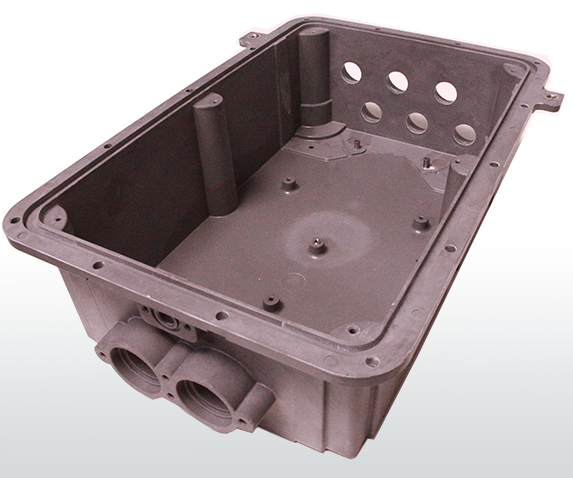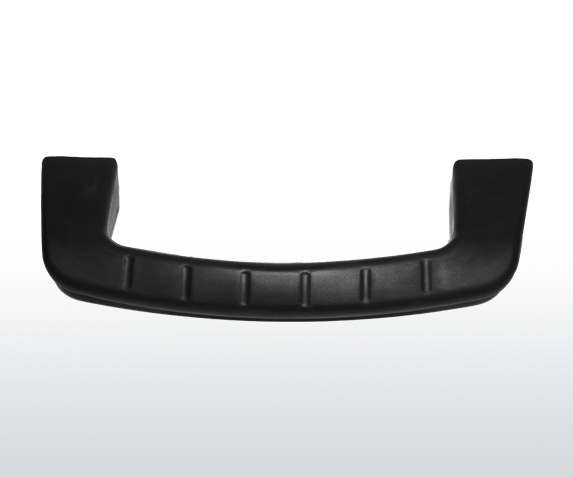Metal-to-Thermoset Conversion
As engineers and product designers continue to try and maximize efficiency and minimize costs in existing or new product applications, thermosets are an excellent material conversion option for high-performance, price-sensitive applications that are currently manufactured in metallic materials. Whether converting for cost reductions, material performance improvement, or expanding capacity, thermoset composites are allowing engineers to “do more with less” within new and existing product applications.
Why Switch From a Metal to a Thermoset?
Engineers and product designers switch from metals to thermoset composites in applications for a variety of reasons depending on the application. Thermosets offer the moldability of plastics in that they can be molded in a variety of complex geometrical shapes. Whereas metal product applications may require costly secondary machining, lapping, or honing operations to finish a part; thermosets may be molded to tolerances of +/-.005”. In addition to saving on secondary operations, utilizing thermosets in a product design can consolidate multiple parts of an assembly, as well as lower part weight over metal components and assemblies. For high-volume applications, thermosets offer a scalable solution to meet increasing product demand and volume requirements.
Cost Advantages:
Utilizing thermoset molding vs. metal casting for your product application can eliminate or significantly reduce secondary operations such as machining and painting.Thermosets may be molded to any surface finish or color, presenting the materials to consumer appliance applications such as covers, bases, and handles that require performance and an aesthetic look.
While tooling costs for thermoset injection molding may be higher up front than tooling for cast metals, the tooling longevity or life expectancy for thermosets can reach over 1,000,000 cycles, positioning thermosets as a cost-effective material option for high-volume program applications that need to scale to meet increasing product demand.
Material Performance:
Thermosets offer the moldability of engineered thermoplastics (Nylon, ABS, Polypropylene), but with added material performance heat resistance up to 500F°, depending on the material formulation. Thermosets are also UV & corrosion resistant, making them suitable for outdoor environments and applications exposed to excessive moisture or fluids.
In electrical applications, thermoset composites offer high dielectric strength and insulation performance, low arc & track, and some thermosets are UL V0 or 5VA rated for flammability resistance. With its strong insulating properties, thermosets can also dampen or reduce vibration and sound of a product over metal counterparts.





Comments are closed